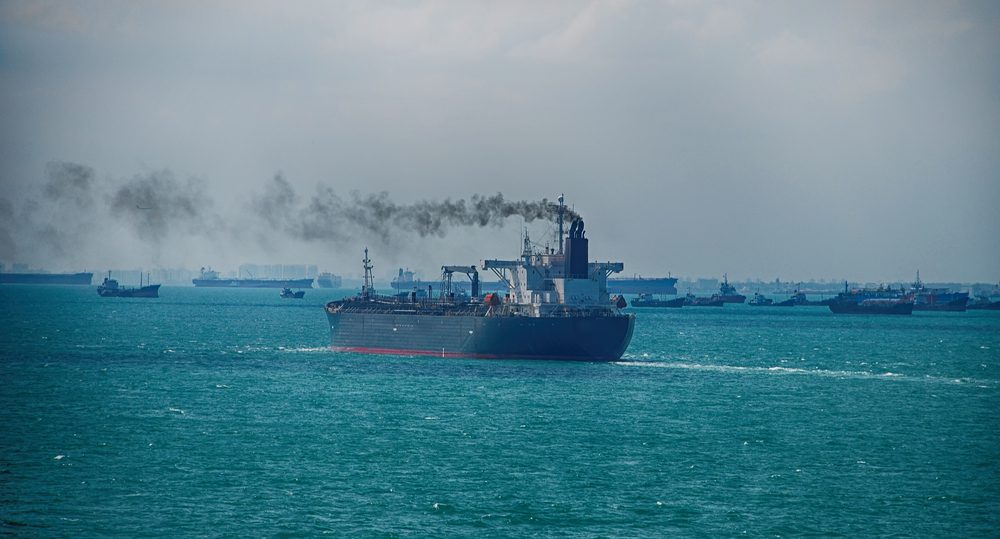Photo: By Mr Nai / Shutterstock
Two ships have been busted burning non-IMO 2020 compliant fuel in China, according to The Standard Club.
The two ships were inspected by Chinese Maritime Safety Administration (MSA) inspectors who verified that the fuel being used exceeded the global .5% sulphur content limit.
The first ship was busted during a port state control inspection in Qingdao, China which revealed that the fuel oil in use had a sulphur content of .6777%, according to The Standard Club.
The second ship was bearthed in Xiamen, China when MSA inspectors cited the vessel with burning non-compliant fuel. According to The Standard Club, the ship had been berthed for nearly six days after changing over to 2020-compliant fuel. However, the report notes that it is likely that high sulphur fuel residue remained in the engine fuel system, resulting in emissions over the China Emission Control Area limit of .1% sulphur. The ship was ordered to take effective measures to purify the fuel system, The Standard Club said.
It wasn’t immediately clear if China would impose fines against the vessels, The Standard Club noted.
“According to the Chinese implementation plan of IMO 2020, the MSA will handle infractions in accordance with China’s Atmospheric Pollution Prevention and Control Law. Article 106 of this law provides that ships can be fined no less than RMB10,000 (approximately US $1,445) but no more than RMB100,000 (approximately US $14,452),” The Standard Club wrote in its report on the infractions.
China Maritime Safety Administration (MSA) laid out its plans for IMO 2020 enforcement for international ships entering China waters in a notice released last November. The notice also addresses China’s ban on the carriage of non-compliant fuel oil beginning 1 March 2020, as well as the discharge of wash water from open-loop scrubbers, which is prohibited as of 1 January 2020.
The citations are believed to be some of the first dished out for non-compliance with International Maritime Organizations sulphur cap regulations, setting the limit for sulphur in fuel oil used on board ships operating outside designated emission control areas to 0.5 percent from 1 January 2020, t

 Join The Club
Join The Club











